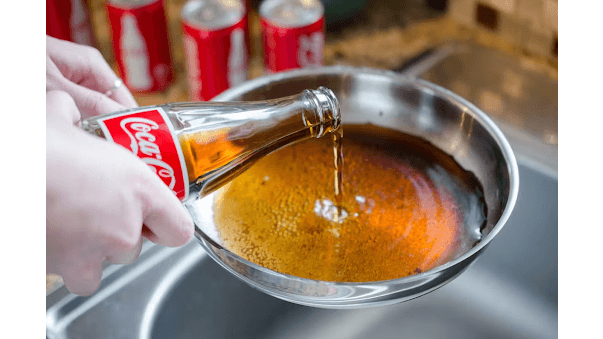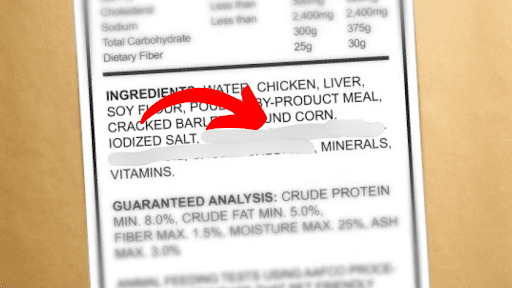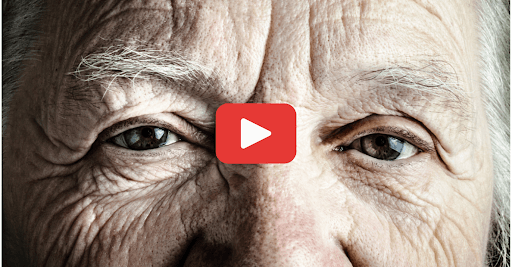Top Foods To Clean Out Your Arteries & Help Prevent Heart Disease | Dr. Rupy Aujla
Cardiovascular health is influenced by many factors, not all of which are within our control. However, diet is one significant area where small changes can lead to substantial health benefits. Research strongly indicates that incorporating certain foods into our daily meals can contribute to lower cholesterol levels, thereby reducing risks associated with atherosclerosis, inflammation, and other cardiovascular-related issues.
Nuts and seeds like flaxseeds, almonds, hazelnuts, and walnuts are more than just delicious snacks. These nutrient-dense foods provide essential vitamins and minerals—such as vitamin E, vitamin B6, and magnesium—capable of reducing LDL cholesterol levels significantly, as evidenced by a 2015 meta-analysis of 42 studies.
- Contain vitamins E, B6, niacin, and folic acid
- Rich in dietary fiber and plant proteins
- Phytosterols impair cholesterol absorption
Nuts not only satisfy with their crunchy texture, potentially acting as appetite suppressants, but they also include phytosterols which disrupt cholesterol absorption. This effect occurs because phytosterols have a larger hydrocarbon structure with a greater affinity for binding to mycelium, essential for cholesterol transport, effectively reducing the opportunity for cholesterol absorption.
Whole grains like barley, oats, and wild rice stand out due to their ability to improve cholesterol levels. Consumption of whole grains is linked to interactive benefits resulting from endosperm, germ, and bran—all three components that refine less healthy grains. Their role in balancing cholesterol emerges primarily from soluble fibers binding with bile acids, initiating a cascade effect whereby the liver decreases circulating cholesterol to replenish bile acid content.
- Enhance soluble fiber intake typical in oats and barley
- Encourage lower total and LDL cholesterol levels
To start witnessing these benefits, a practical daily incorporation across these foods is advisable:
- 30 grams/day of mixed nuts or seeds
- 90 grams/day of whole grains like oats or wild rice
- Occasional legumes four times a week, around a single-serve per meal.
By embedding these guidelines into your diet, these foods act as natural allies against higher LDL levels and provide shield-like support to both brain health and energy balances. Even small changes such as prioritizing plant-based, fiber-packed proteins can cast long-term impacts, fortifying overall heart health in accord with current research elevations.
The overarching takeaway is planting these natural and varied foods at your meals regenerates heart health akin to medicinal tonics, only they derive power from sensible bolstering of nourished mechanics inherently designed for combating cholesterol-friendly adaptations.
From Around The Web
Wellness Inbox is a blog & weekly newsletter that curates trending news and products related to health and wellness from around the web. We also gather content from various sources, including leading health professionals, and deliver it directly to you.
Please note that we may receive compensation if you purchase any products featured in our newsletter. Wellness Inbox is not affiliated with, nor does it endorse, any health professionals whose content may appear in our newsletter. The information provided is for general informational purposes only and should not be considered medical advice.
The information provided is not intended to replace professional medical advice, diagnosis, or treatment. All content, including text, graphics, images, and information available is for general informational purposes only. We do not guarantee the accuracy or completeness of any information presented and assume no liability for any errors or omissions. The content is subject to change without notice. We encourage you to verify any information with other reliable sources and consult your physician regarding any medical conditions or treatments.







